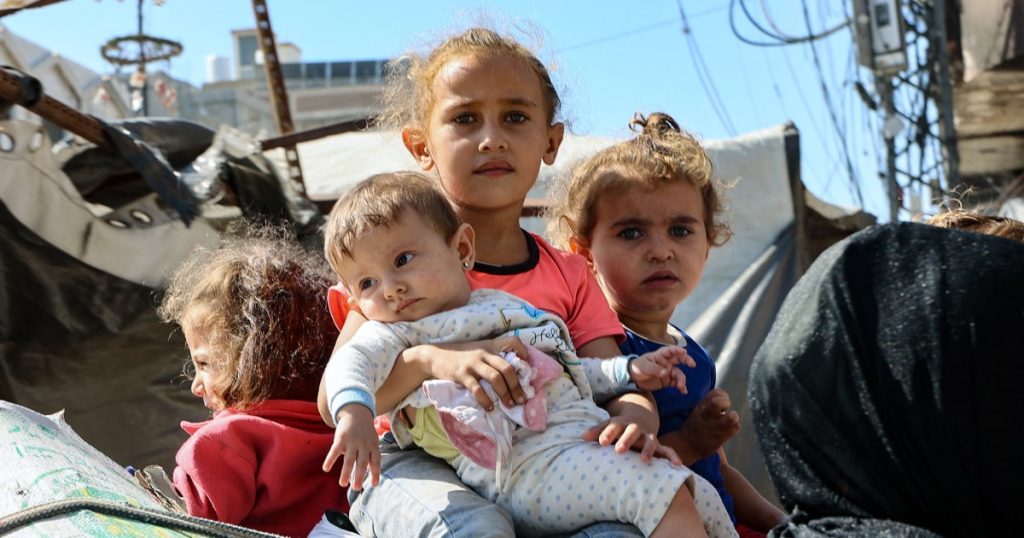Israeli officials have received a stern letter from the U.S. government threatening to review military assistance to Prime Minister Benjamin Netanyahu’s government if they continue to block essential aid from entering the Gaza Strip. The U.S. has provided $17.9 billion in military aid to Israel this year and is concerned about the humanitarian situation in Gaza. The letter from Secretary of State Anthony Blinken and Defense Secretary Lloyd Austin outlines steps that Israel must take, including allowing a minimum of 350 trucks to enter Gaza each day and canceling civilian evacuation orders. Aid distribution in Gaza has been challenging, with only 12 trucks of food being able to reach the population since September 30, according to the United Nations Relief and Works Agency.
The Biden administration insists that the letter was not meant as a threat, but as a way to communicate concerns with their ally. However, experts view the letter as an ultimatum. This is not the first time the U.S. has pressured Israel on humanitarian issues in Gaza. In April, President Biden threatened to make support for Israel’s Gaza offensive conditional on protecting aid workers and civilians, which led to an increase in humanitarian assistance. The U.S. hopes to see similar results this time with the recent letter addressing Israeli Defense Minister Yoav Gallant and Strategic Affairs Minister Ron Dermer. The U.S. is concerned that Israeli actions have contributed to deteriorating conditions in Gaza, where children are receiving polio vaccinations for the second time.
The Israeli military is currently fighting against Iran-backed militants on two fronts, Hamas in Gaza and Hezbollah in Lebanon. Despite U.S. concerns, Israeli airstrikes continue, with a recent strike in Nabatieh killing at least six people. The U.S. has expressed its worries to the Netanyahu administration about these strikes, as well as the humanitarian situation in Gaza. However, the effectiveness of U.S. pressure on Israel remains to be seen. Andrew Miller, former deputy assistant secretary for Israeli-Palestinian affairs at the State Department, believes that consistent consequences for failing to meet humanitarian standards are needed to improve the situation in Gaza, which he describes as a catastrophe.
Efforts to increase humanitarian aid in Gaza have been challenging, with reports of aid distribution being limited. The United Nations Relief and Works Agency has faced difficulties in getting aid to the population in Gaza despite the limited number of trucks allowed to enter. The infrastructure and basic services in Gaza have been destroyed, leading to a dire situation where diseases like polio are spreading and famine is a threat. Despite the challenges, the U.S. hopes to see improvement in the humanitarian situation in Gaza with the recent letter to Israeli officials warning of potential repercussions for the blockade of aid. The future of U.S. pressure on Israel and its impact on the aid distribution in Gaza remain uncertain.













